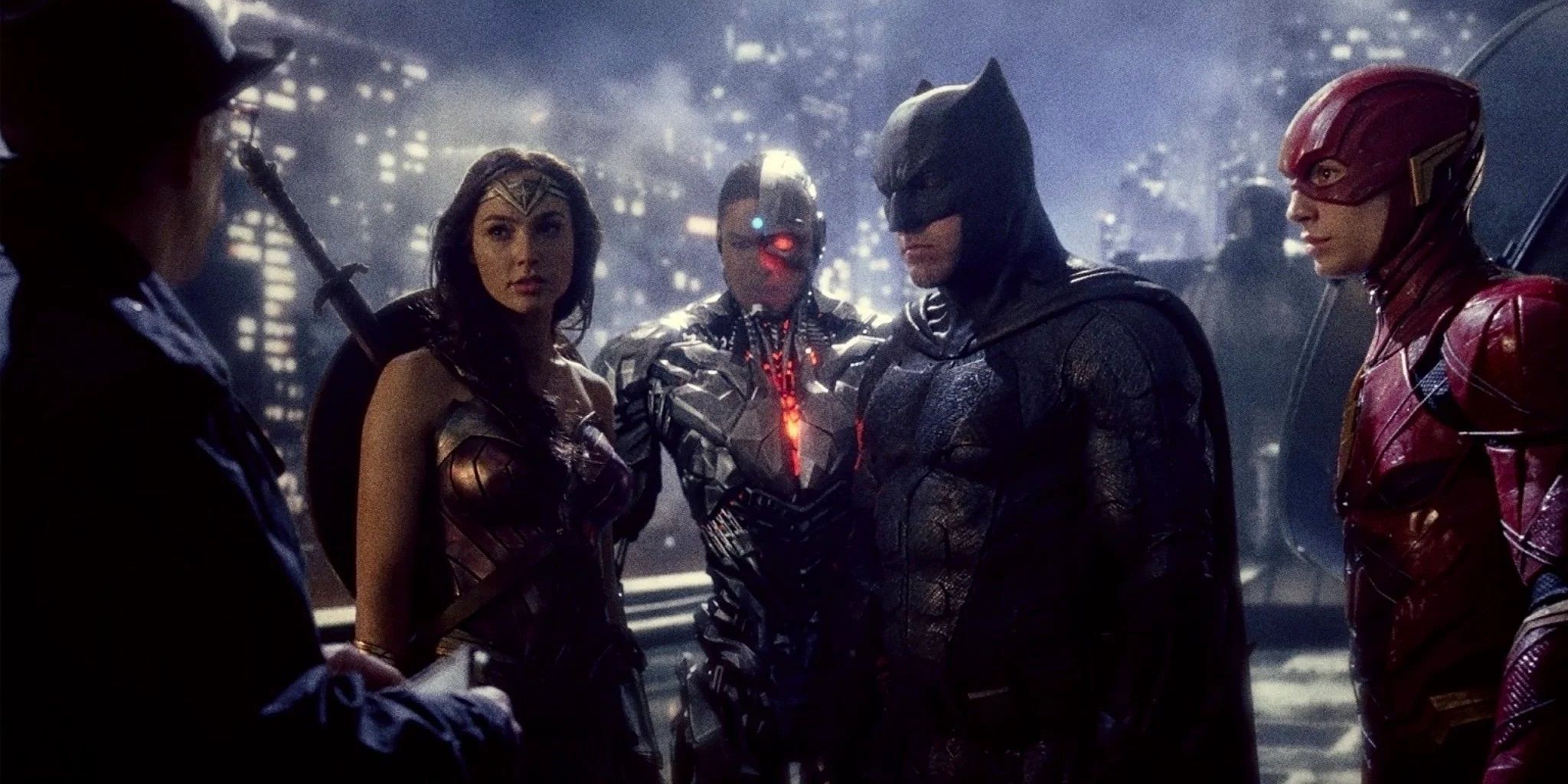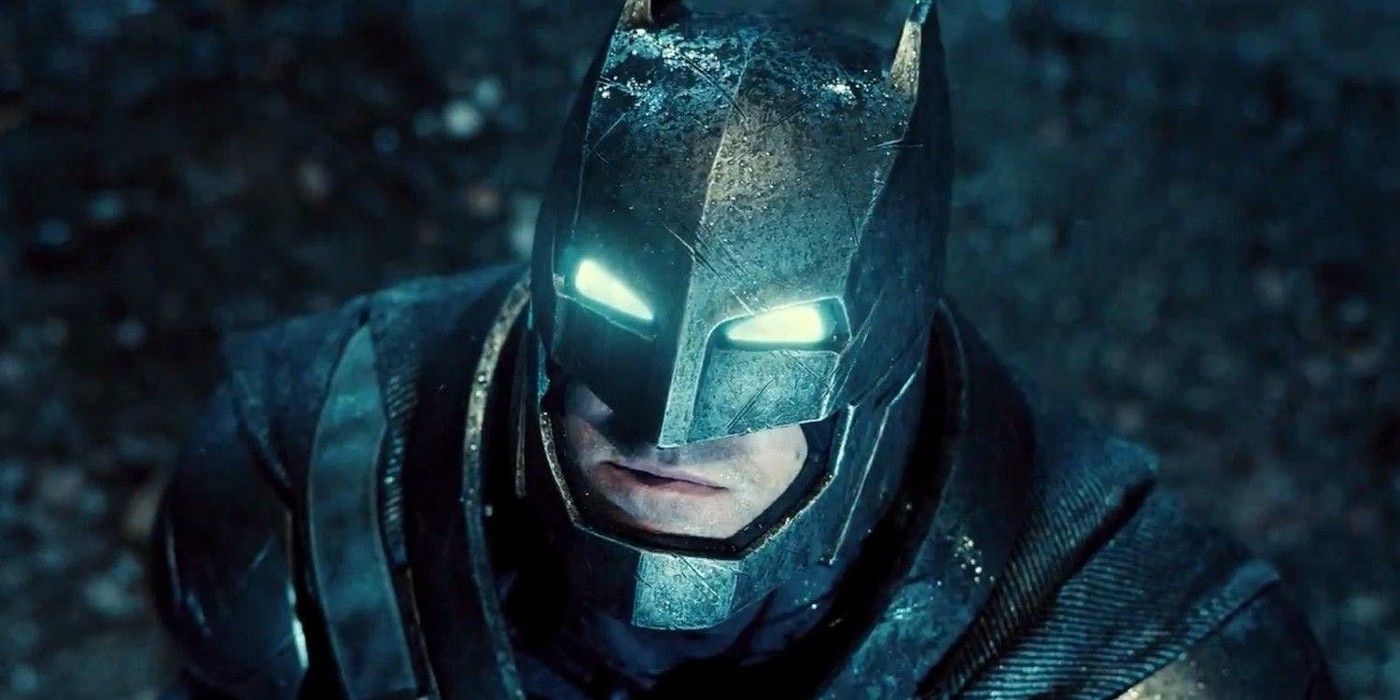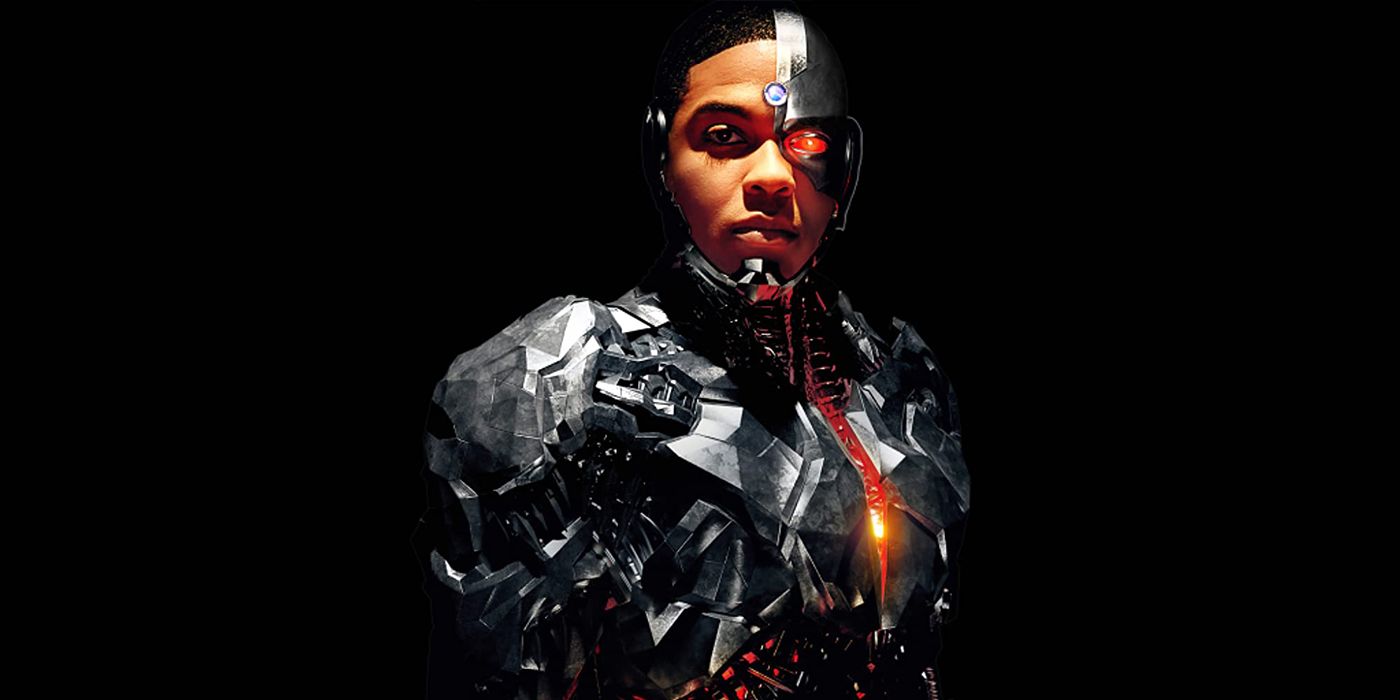There have been thousands of articles over the years postulating as to where the DC Extended Universe (DCEU) has gone wrong. Compared to the critical and commercial juggernaut that has been the Marvel Cinematic Universe (MCU), the DCEU has struggled to ever find its footing, despite having some of the most iconic characters in pop-culture history. Even 10 years ago, no comic book fan would’ve ever predicted that a Captain America solo film (often considered a C-tier comic character) could’ve outgrossed the first-ever live-action Justice League film, but it happened - Captain America: The Winter Soldier made $714.4 million and Justice League only managed $657.9 million.
And thousands of potential explanations have been given for these missteps: that the DCEU tried to be ‘too edgy,’ that they rushed into shared films without establishing the characters individually first, or that they don’t feature the comedic elements that have made the MCU palatable to a wider audience. But a critical reason is often overlooked, especially in comparison to the way the MCU operates. While Marvel Studios has worked ceaselessly to ensure their key creative talents are kept happy, the DCEU and Warner Bros. aren’t so accommodating.
Indeed, just over the last few weeks, there has been an onslaught of reports of creative arguments, cast mistreatment, and producer meddling in nearly all the DCEU’s films. With this sort of chaos behind the camera, it’s no wonder that the end results are not as satisfying: they haven’t been able to foster the kind of positive relationships necessary to deliver long-form storytelling like a cinematic universe.
Take the DCEU’s upcoming The Batman for example. The plan for the film was originally to have Ben Affleck (who had previously played the Dark Knight in Batman v Superman: Dawn of Justice and Justice League) to both reprise his role and write/direct the stand-alone feature. This proposition was an incredibly exciting one: never before had a superhero film been written/directed by its lead actor, let alone one of Affleck’s pedigree (having been the creative force behind the Oscar-winning Argo and The Town).
However, after being announced in 2015, what followed was behind-the-scenes disputes. Despite often reiterating that he was still fully committed to writing and directing the feature, Affleck stepped down to “focus more on starring as Batman” in January 2017, with many accrediting this move to producers at Warner Bros. not supporting any of Affleck’s plans. Matt Reeves took over writing/directing duties the following month, and Affleck left the project completely in early 2019, being replaced by Robert Pattinson.
Conversely, compare how Marvel reacted to Chris Hemsworth indicating he disliked playing Thor following 2013’s Thor: The Dark World. Instead of undermining his feelings, they sought out a new creative voice (the then-unknown director Taika Waititi) and revamped the character in 2017’s Thor: Ragnarok; they listened and responded to their creative talent. Indeed, Ragnarok was one of the most critically successful films in the entire MCU, with Waititi and Hemsworth being signed on to return for a sequel in 2022 – the studio has successfully retained two of their biggest and best talents.
Therein lies the difference between the DCEU and the MCU: Marvel keeps their creative talent happy, whereas DCEU leaves them feeling mistreated. Just look at how vocal Patty Jenkins has been during the press tour for Wonder Woman 1984. Despite a third installment being greenlit on December 27, 2020, Jenkins has spoken out at how Warner Bros. executives were reticent to give her any creative control. In an interview with Marc Maron on his WTF podcast, she recounted that difficulties began as far back as 2011, only improving incrementally over time.
If that weren’t enough, Jenkins revealed that she wasn’t informed that the film was moving to streaming ahead of the announcement, discovering that Wonder Woman 1984 was premiering on HBO Max the same time the rest of the world did. In an effort to appease her and apologize, the studio then paid her and star Gal Gadot $10m each as a ‘bonus’, although that seemingly wasn’t enough to thaw their relationship. In fact, it has since been announced that Jenkins would direct 2023’s Star Wars film, Rogue Squadron, issuing doubt on when a Wonder Woman 3 could possibly be produced. It would seem that, through not keeping their main talent happy, the DCEU has impaired its timeline of releases.
There are countless other behind-the-scenes horror stories from DCEU films – from Ray Fisher’s supposed racist treatment on the set of Justice League, to the mismanagement of the marketing for David Ayer’s The Suicide Squad, to even rumors of franchise stars like Superman and Batman being continually recast. Unfortunately, then, the culmination of this chaos has been that the DCEU has struggled to launch; it’s less a cinematic universe, and more a general mismatch of sort-of connected films (is 2022’s The Batman in the same universe as 2013’s Man of Steel? No one really knows). Far beyond any tonal issues, the DCEU’s biggest problem may be behind the camera.



